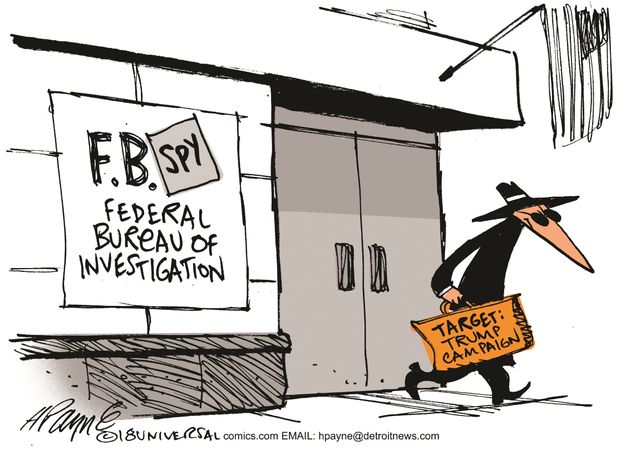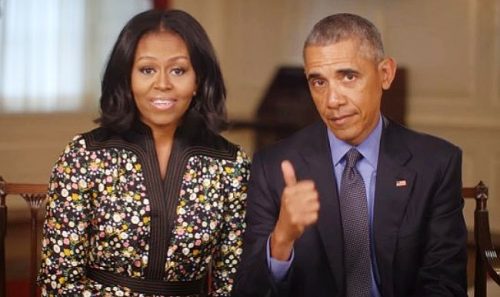Victor Davis Hanson
. . . "2) Personal morality and public governance are related, but we are not always quite sure how. Jimmy Carter was both a more moral person and a worse president than Bill Clinton. Jerry Ford was a more ethical leader than Donald Trump — and had a far worse first 16 months. FDR was a superb wartime leader — and carried on an affair in the White House, tried to pack and hijack the Supreme Court, sent U.S. citizens into internment camps, and abused his presidential powers in ways that might get a president impeached today. In the 1944 election, the Republican nominee Tom Dewey was the more ethical — and stuffy — man. In matters of spiritual leadership and moral role models, we wish that profane, philandering (including an affair with his step-niece), and unsteady General George S. Patton had just conducted himself in private and public as did the upright General Omar Bradley. But then we would have wished even more that Bradley had just half the strategic and tactical skill of Patton. If he had, thousands of lives might have been spared in the advance to the Rhine." . . .
. . . "2) Personal morality and public governance are related, but we are not always quite sure how. Jimmy Carter was both a more moral person and a worse president than Bill Clinton. Jerry Ford was a more ethical leader than Donald Trump — and had a far worse first 16 months. FDR was a superb wartime leader — and carried on an affair in the White House, tried to pack and hijack the Supreme Court, sent U.S. citizens into internment camps, and abused his presidential powers in ways that might get a president impeached today. In the 1944 election, the Republican nominee Tom Dewey was the more ethical — and stuffy — man. In matters of spiritual leadership and moral role models, we wish that profane, philandering (including an affair with his step-niece), and unsteady General George S. Patton had just conducted himself in private and public as did the upright General Omar Bradley. But then we would have wished even more that Bradley had just half the strategic and tactical skill of Patton. If he had, thousands of lives might have been spared in the advance to the Rhine." . . .


















